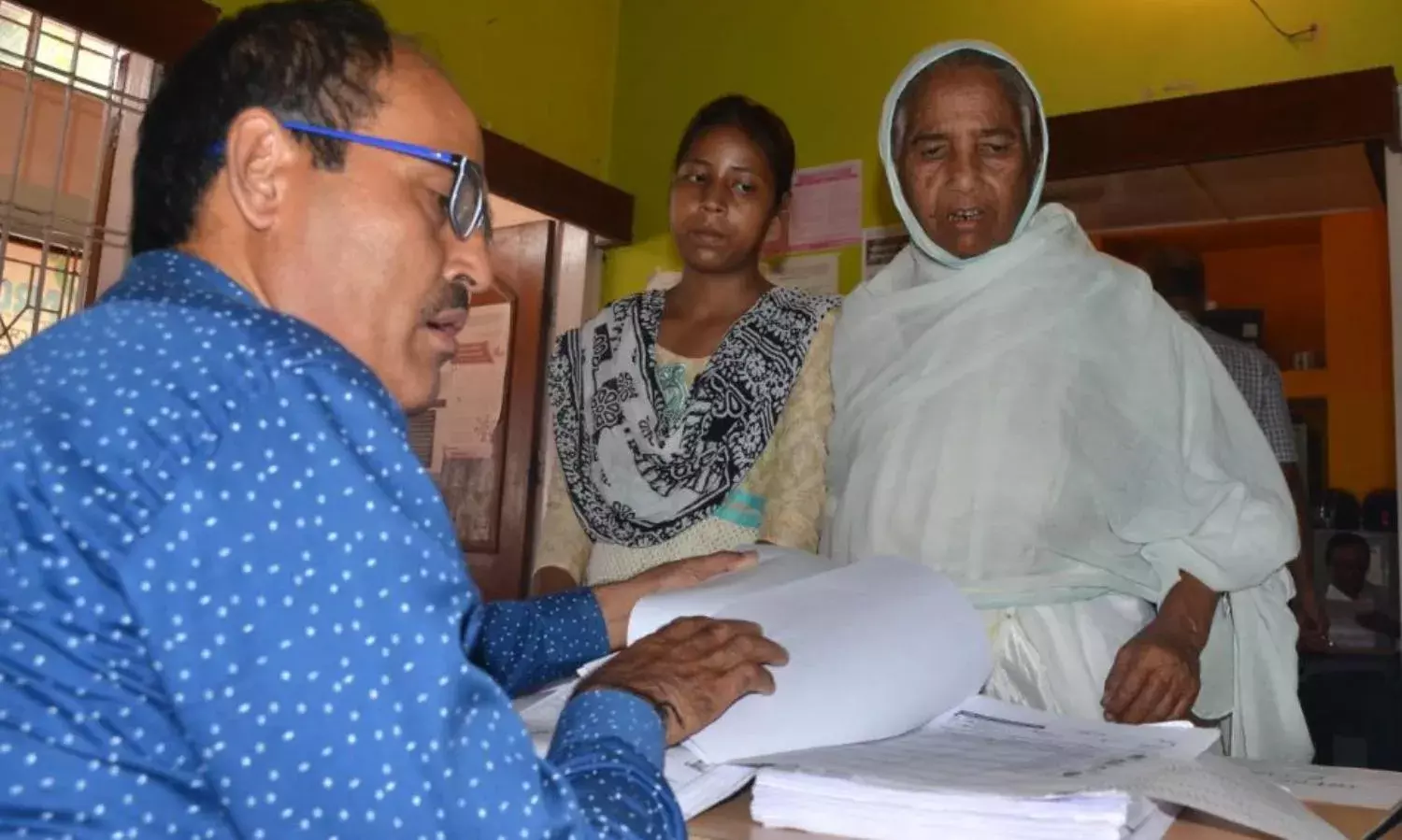NRC: While 4 Million Worry About Future, Others In Assam Insist It is Not About Religion But Illegal Migration
Chaos dominates

GUWAHATI: Union Home Minister Rajnath Singh and National Register of Citizens (NRC) authorities have maintained that no Indian citizens will be left out and ample opportunities will be given to all to prove their citizenship.
But the reassurance carries no weight, as a sense of fear has gripped the four million who have failed to make the list. As all it allows is a fresh applications from the anxious and scared peoples who have no idea what the final verdict will be.
Out of 3.29 crore applicants, 2.89 crore were found to be eligible to be in the final draft which was announced on July 30. Thus, 40 lakh people have been kept out of the list.
On December 31 of 2017, during the publication of first draft 1.9 crore people featured in the list.
The NRC, unique to the state of Assam was first updated in 1951 to distinguish Indian citizens from illegal migrants from then East Pakistan (now, Bangladesh). Now it’s being updated by the Registrar General of India under the supervision of the Supreme Court of India and the updating process started in 2015.
The updated NRC, now, features the names of those persons or their descendants whose names appeared in the NRC, 1951 or in any of the Electoral Rolls up to March 25 of 1971 or in any one of the other admissible documents issued up to midnight of the same period, which could prove their presence in Assam.
For Muzammil Haque, a 25 year old student, who failed to make the list, his future has become a blank.
“We are at a loss what to do now. My parents are worried. This shouldn’t have happened after we submitted all the documents,” Haque, a resident of Sipajhar in Darrang district, told The Citizen.
Though the NRC authorities and the government are saying that plenty of opportunities will be given to those people whose names are not in the list, for the people on the ground this is all a matter of deepy worry and concern.
“When the authorities have done so many mistakes by leaving out genuine Indian citizens in the course of the entire process, we are worried now,” Haque added.
Jaymati Das, 55, from Nichilamari village in Udalguri district near Bhutan border, has not found her name along with her two sons. The Citizen had reported earlier that her husband Gopal Das, 65, had allegedly committed suicide in June after he was served a notice to prove his citizenship.
“We have lost everything. I have lost my husband. Now our names are not in the list. We are so agonised and scared,” Jaymati told The Citizen.
Of the 40 lakh people dropped in the final draft, according to the NRC authorities, 2.48 lakh are D or Doubtful voters as tagged by the Election Commission of India. This list also includes those who had been serviced notices to prove their citizenship by the Foreigners Tribunals.
As of now, around 2.5 lakh cases have been pending in the 100 foreigners’ tribunals across the state. The volume itself reflects the reality. The authorities said that people, once left out from the final list, will be able to approach the Foreigners Tribunals. But under such circumstances, is it possible for an early disposal of the cases?
Many in Assam feel that, the NRC is not exactly the way it’s being projected outside Assam, especially in the social media. Be it in the parliament or on social media, it’s being touted as an anti-Muslim and anti-Bengali move.
“It’s very disturbing to see people commenting from outside without any logic. And please NRC is not a medium to delete a certain section or community from the state but to collectively fight against illegal immigration which has caused various problems in the state,” Srijon Choudhury, a Guwahati based sports journalist,claimed.
Choudhury, in a Facebook post, stated he is a Bengali living in Assam.
Nekibur Zaman, an advocate based in Guwahati said that NRC update is an outcome of the long demand of the people of the state to make it free from illegal immigration.
“Be it a Hindu or a Muslim, we demand a state which is free from illegal immigration. We have accepted 1971 as the cutoff year and after that no one is welcomed irrespective of religion, caste and creed,” Zaman said.



